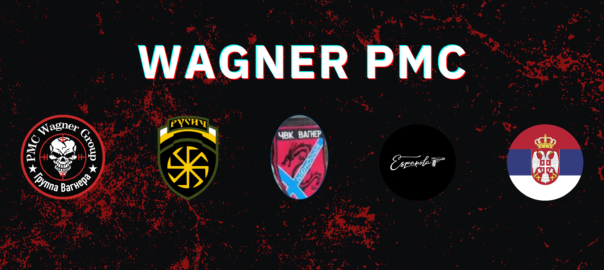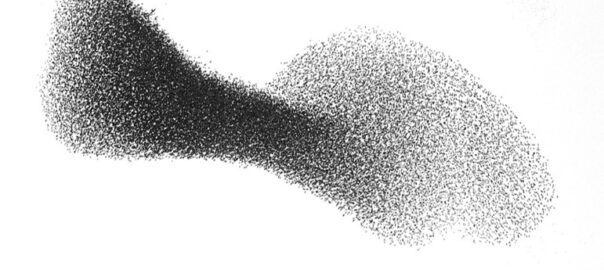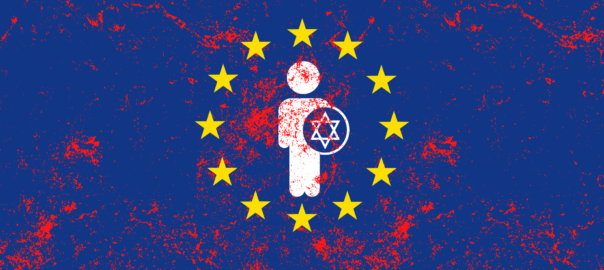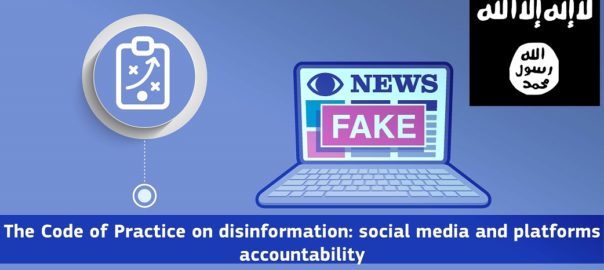During the Russian-Ukrainian conflict, PMC Wagner exploited online and offline support of some military groups, including:
- Española, a parallel battalion of Russian ultras led by Alexander Shum and with a special training centre near San Petersburg.
- Rusich, a reconnaissance, sabotage and assault group, directly attached to the PMC Wagner.
- Serb members, active since the deployment in Syria. Those are linked with several ultras’ communities.
- Níðhöggr (Nidhogg), a little unit near to the Scandinavian right-wing militia funded by an actual Wagner member.
All these units were orbiting around the PMC Wagner as embedded support groups. Starting from their online propaganda we theorized a pro-Wagner alliance system (figure 1).
Continue reading









